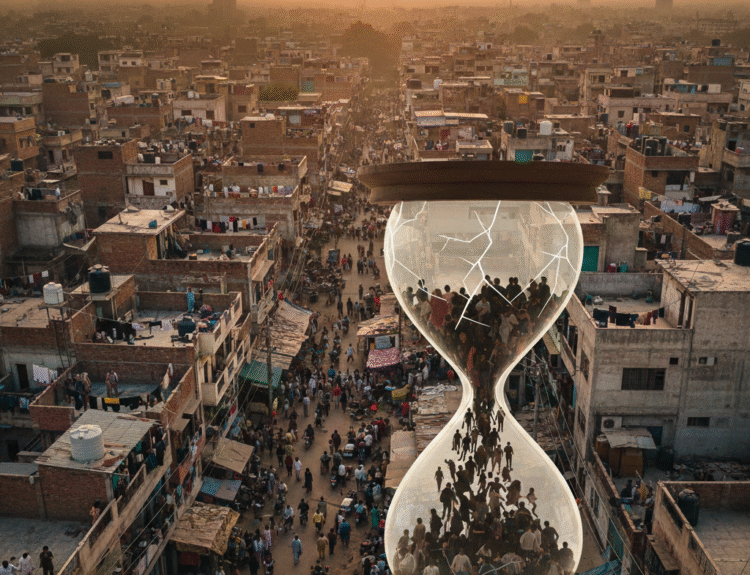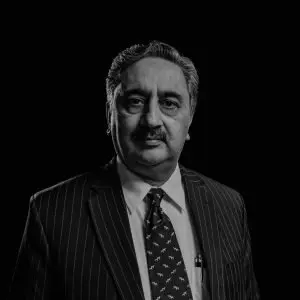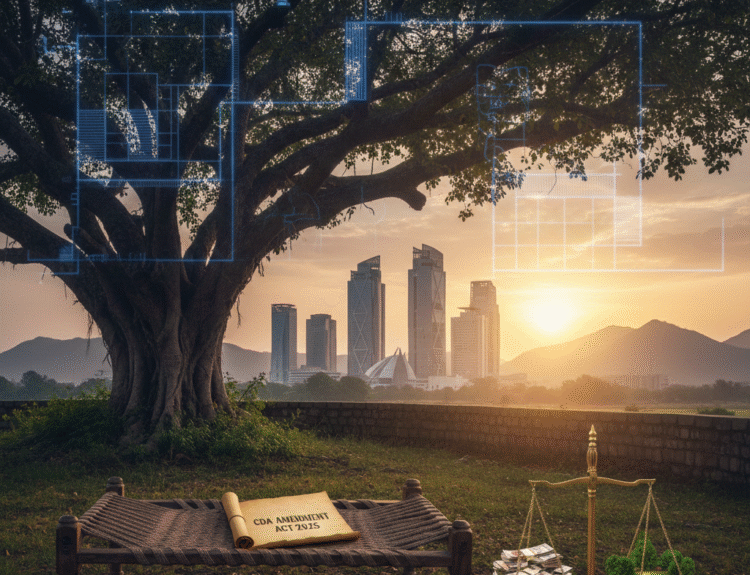The people of Pakistan have had enough. There is no space left for political and institutional fatal standoffs. Nature cannot give us respite after respite, and our enemies will never allow any chances for economic and political stability.
The only way out of this ominous quagmire is to build political rapprochement and bridge the ever-widening inter-institutional gulf. There can be no viable country where a major political force challenges all the existing national institutions or where any institution can stonewall the aspirations of a large section of society.
It goes without saying that an immediate political and institutional reconciliation effort needs to be launched without any further delay. Even if the involved parties initially seem to be non-compromising, sincere groups and individuals should not be deterred by the enormity of this seemingly impossible task.
This humble effort by this writer is with the realization that an aware and well-informed large section of society wants to see the end of this perpetual cyclic political standoff and bitterness, bordering on animosities overtaking institutional and at times even national interests. This cannot continue anymore. So the following is suggested: one, all political groups and major national institutions should immediately press for an extraordinary meeting of the National Security Committee with a special additional invitation to the CJP, heads of major political parties, eminent personalities from the media and the business community, etc.
Two, there needs to be an immediate cessation of aggressive stances against rival political groups and institutions and rabble-rousing against them. Three, all political persecution by the government and others needs to be immediately halted and reversed.
Four, the judiciary and judicial tribunals must be totally freed to dispense speedy justice related to politically motivated trials as well as appeals related to election complaints. The police and the district administration should not be employed to harass political opponents.
Five, the present governments, federal and provincial, should be allowed a peaceful two years at least (till end-2025) to show their administrative and public service vision and prowess. Those who don’t accept the election results should remain peaceful and accept the current setup – under protest – for this stipulated interim period. Their silent protest can be allowed via benign nonviolent acts like wearing black armbands etc. No street protests or large-scale demonstrations should take place for these two years except those allowed for organizational purposes.
Six, the federal and provincial setups should use this peaceful window for healthy competition in delivery of public services, like safe drinking water, sewage disposal, primary health and education, instituting merit and justice etc. This will enable the people to evaluate political and non-political entities how they do the job they are elected or appointed for.
Seven, this should also provide an opportunity for stakeholders to implement near-consensus structural reforms like smaller provinces, strong local governments. Institutional reforms (armed forces, police, judiciary, ECP, NAB) may immediately be implemented (enough studies lie in cold storage).
Eight, attention and time need to be given to tax reforms and improving the electoral and democratic processes, based on umpteen studies lying dormant in the government’s cupboards.
Finally, only free flow of ideas from all corners of the polity can ensure quality inputs for a government that wants to run the country per the aspirations of the people; thus the importance of a free but responsible media.
Two realities need to be understood and embraced: no political group can challenge the entire state apparatus; and the state cannot suppress the voice of a large chunk of society without derailing the normal workings of a country.
We cannot continue on this collision course without facing grave economic, security and political consequences – both internal and external). Despite the hush-hush environment, there were people from all walks of life (media, judiciary, administration, business community, lawyers, students, veterans) who raised their voices pointing at the ominous gathering of an impending storm.
—–
The writer is a former defence secretary.




